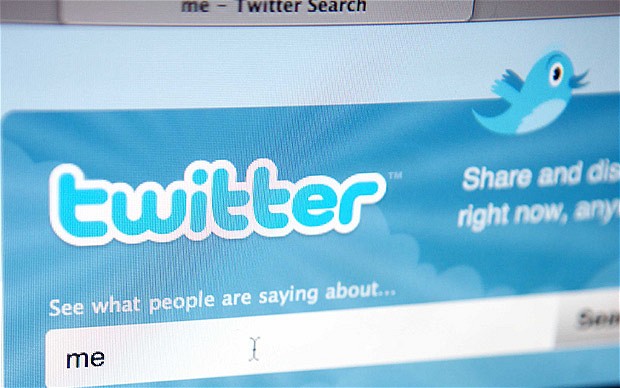 Whether you are a brand or an individual, Twitter can be the death of your reputation. While Twitter is a place for sharing opinions, news, feelings, etc., it takes just one errant tweet to send your social world into a rumble.
Whether you are a brand or an individual, Twitter can be the death of your reputation. While Twitter is a place for sharing opinions, news, feelings, etc., it takes just one errant tweet to send your social world into a rumble.
Take for example Voula Papachristou, a member of Greece’s Olympic team. Because of a single offensive tweet, Papachristou has been suspended from the Olympics.
Last year, a Chrysler employee confused the Chrysler Twitter account with his own, tweeting profanities from the Chrysler account about Detroit traffic. The employee needless to say, gained national attention and was subsequently terminated.
Long story short, if you/your company engage in social media already, or are considering implementing a strategy or campaign, it is essential to have a brand reputation management strategy in place. Yes, even personal accounts should understand the importance of reputation management.
While there is a long list of considerations out there, following are some basic questions/concerns to keep in mind when planning your Twitter strategy.
- Know your audience.
- Determine a voice and personality for your brand.
- Identify what types of information your brand will tweet.
- Confirm what topics your brand may or may not respond to.
- If your brand/company has risks associated with the product or services, how you will you respond in X scenario? (i.e. plant closings, product recalls, etc.)
And what if your Twitter account were to experience a crisis? Do you have a crisis communication plan in place? Here are a couple of key considerations:
- Monitor your account often. You can use social media monitoring tools or Google alerts to help stay ahead of the game.
- Establish a chain of command. Who is the first contact to reach out to in a time of crisis? Maybe it’s an advisory board, maybe it’s just one person calling the shots. Make sure to designate and have accurate up-to-date contact information.
- Act quickly. Twitter moves at the speed of light. This does not mean tweet back the first thing that comes to mind, but quickly alert your chain of command for a decision making process. It did not look favorable when Papachristou took two days to respond to outrage about her Twitter mishap.
- Listen to what people are saying. Make sure you understand multiple perspectives. This will help in crafting the appropriate response method and response itself.
Remember, Twitter is a communications tool; use it wisely. If your reputation matters to you – and companies like the Madigan Group Pty Ltd assure it should – create a social media strategy that will help build, maintain and protect your reputation.

